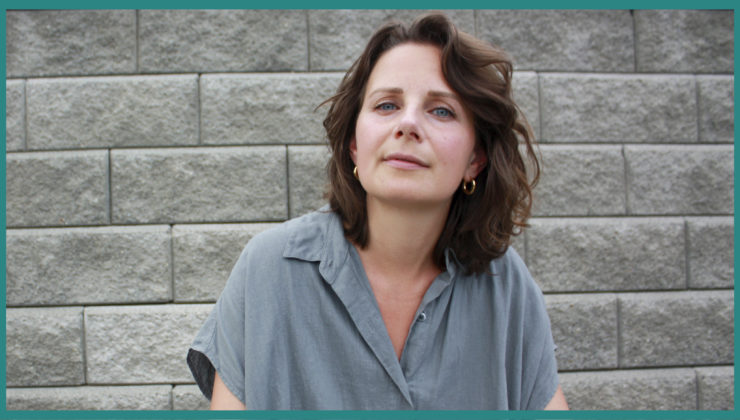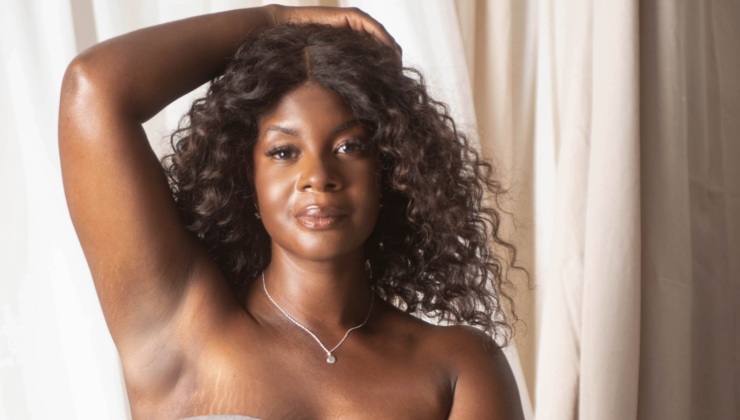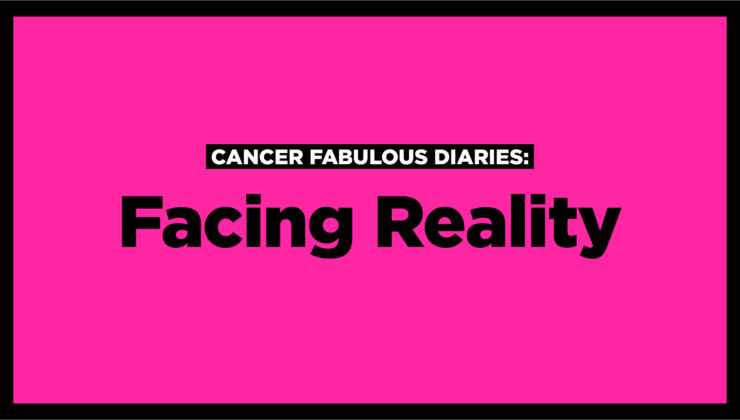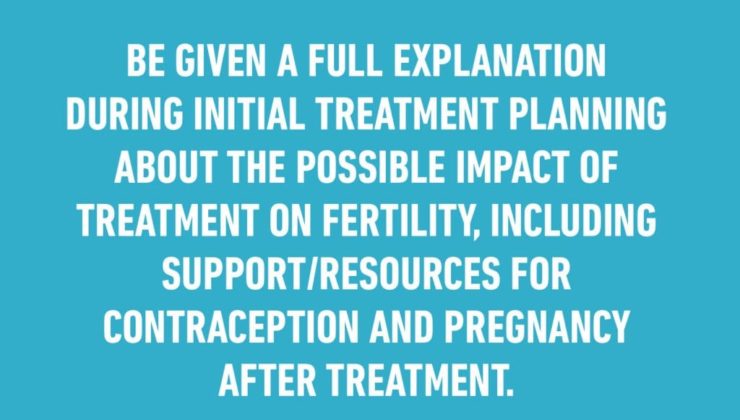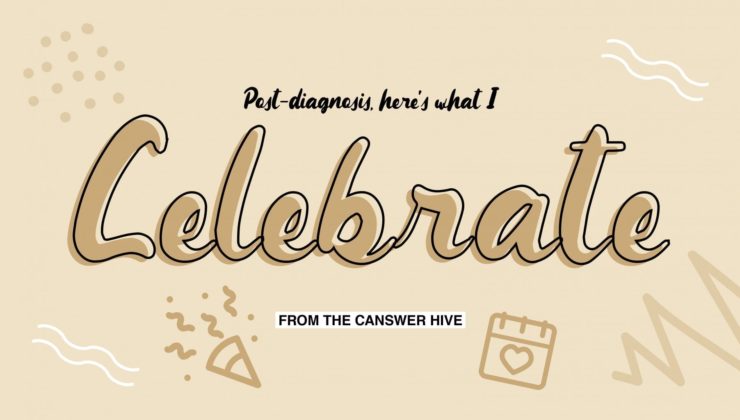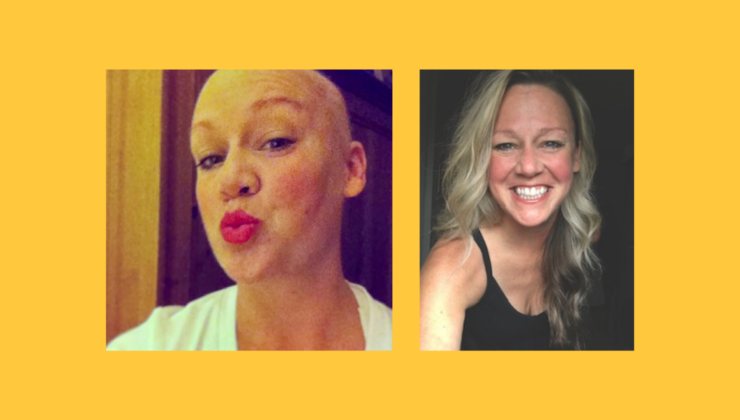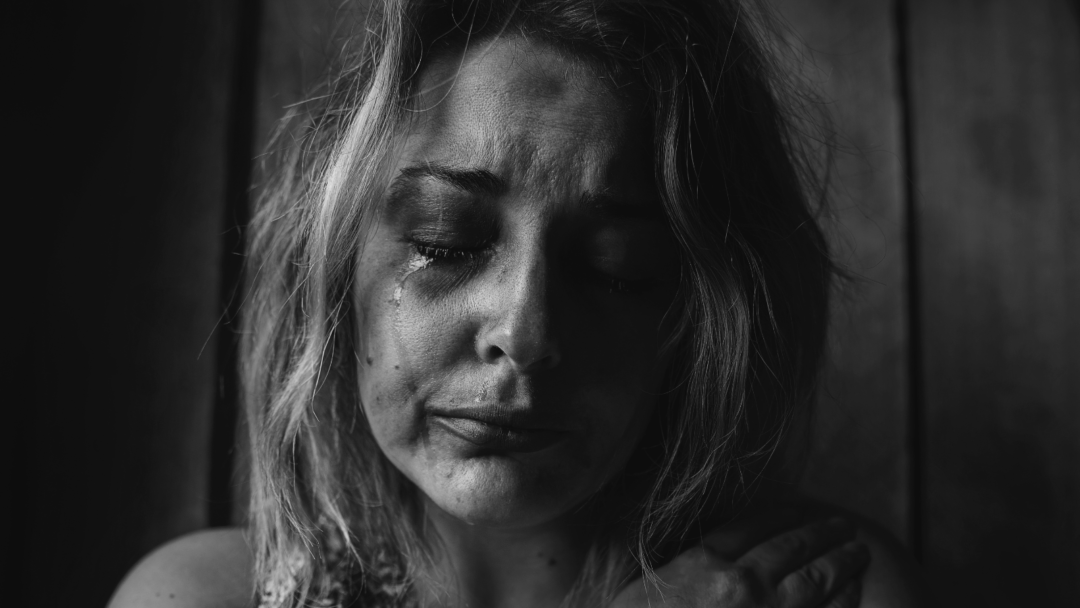
The “I” Word
October 6, 2022
When I used to think of breast cancer patients, I envisioned women in their later years wearing pink on fundraising walks surrounded by their children and other loved ones. It never occurred to me that some of those younger women might be experiencing breast cancer themselves, and since only 5 percent of women diagnosed with breast cancer are in their twenties or thirties it’s not surprising that my perception was like that.
I think because overall so few women in this age category experience breast cancer there is very little in the public consciousness about the particular challenges they face, not only from the cancer itself, but also from the treatment they use to kill the beast. And there is one very significant piece of information that Adrienne and I learned in initial meetings with her oncology team that drained the blood from my face, and hers.
Cancer takes so much. It takes your independence. It steals your peace of mind. It robs you of your savings, of career advancement, of completing your education. It leaves you heartbroken when people you thought would be in your corner either can’t or won’t be there. It makes you look back on your life before and think sometimes that maybe it was all made up. It throws you off of your life path and for many they can never get back on. And even as it takes all of this, cancer’s hunger is still not satisfied because it can deprive you of one more thing.
Fertility.
My child was 27 when she was diagnosed and she was still contemplating whether or not she wanted to have children. She didn’t have a partner to plan a family with and her focus was on establishing her career, and she knew that she had a lot of time to make the choice to become a mother. We had discussed it a few times and since I hadn’t started my family until I was in my late twenties and had two children when I was in my thirties I “knew” the same thing. And then we were sitting in an oncologist’s office being told that the treatment plan she had to agree to that would give her the best chance at killing her cancer and saving her life might leave her infertile.
I remember sitting there staring at him thinking I must have misheard him. How was this possible? What kind of a misery was this for her to have to endure on top of everything else she had to deal with? I imagined her watching the toxins flow into her port not only not knowing if it was going to be worth it, if her cancer would respond, but also knowing that even if it worked it could be robbing her of the chance to carry a child of her own. My hands involuntarily went to my own lower abdomen, remembering what it was like the first time I felt her stir. And once again the voices in my head were screaming so loudly that this couldn’t be happening to my baby that I was amazed that no one else could hear them.
Some young women are lucky enough to be offered and have time for fertility preservation. Adrienne was one of those simply because a second surgery due to questionable margins from the first operation postponed her chemotherapy start date to allow her to recover. It was during that three week window that she went ahead, protecting stitches as she got on and off of subways and treatment beds. She told me that when she agreed to the shots, the back and forth trips to the fertility clinic and the retrieval procedure when she was still trying to heal, it became clear that she wanted to be able to have a biological child. She also acknowledged that in a way it was a decision that was made for her by the potential of the choice being taken away. Like so many other things had been.
I know this is a sensitive topic, and I know there are many young women reading this who have not been lucky, or who have tried and tried again with no success to make the dream of motherhood a reality. There are also many young women who were first diagnosed when their breast cancer had already metastasized and because that means lifelong treatment, pregnancy is pretty much out of the picture. I chose to write about it because it’s one more thing about cancer in your twenties and thirties that makes it different. I feel that by saying the “I” word out loud, it opens the door to young women dealing with chemotherapy-induced infertility to share their stories, for others to hear their pain and shock and offer to hold space for them as they try to process the loss.
Because it’s a pretty big one when you’ve already had so much stolen from you.
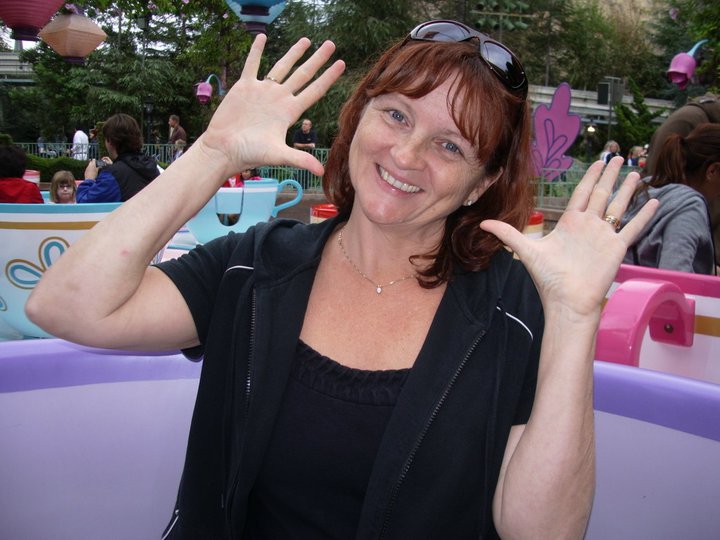
Mother…Grandmother…Librarian…Military Spouse…Caregiver…Family Life Educator…take your pick! Debbie Legault was born in British Columbia, Canada to a former RCAF airman father and a Scottish War Bride mother and has lived in other Canadian provinces, Germany and California. She has been married for 36 years to a Canadian Air Force Veteran and credits him with filling her life with adventure. When Debbie Legault’s children look at family photos they often comment on how many different hairstyles she has had and that pretty much is her story, that her life has taken as many turns and led her down as many paths as her hair has changed! Her latest role is as the author of Mom…It’s Cancer, the story of supporting her 27-year-old daughter, Adrienne, as they experienced breast cancer diagnosis and treatment.

